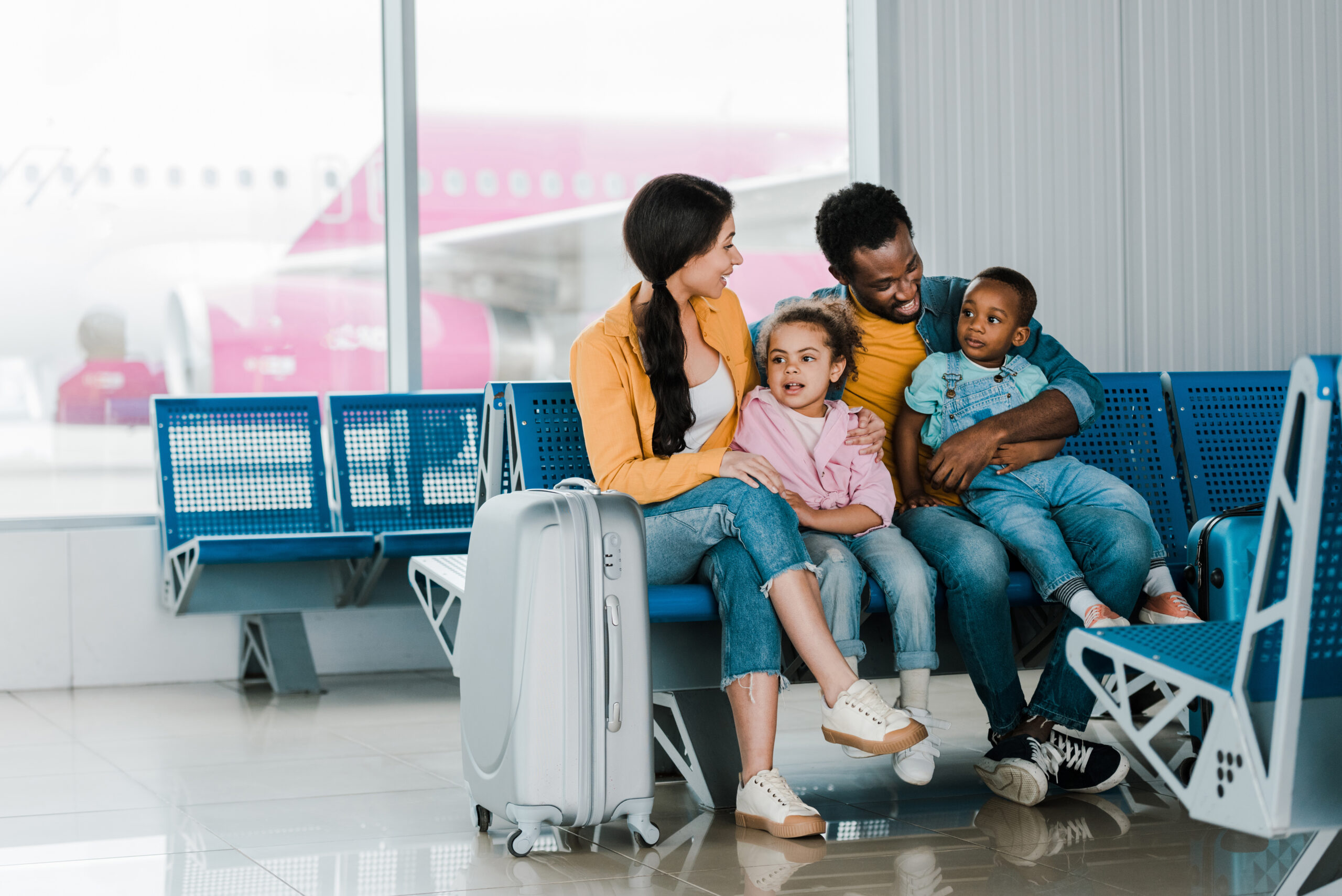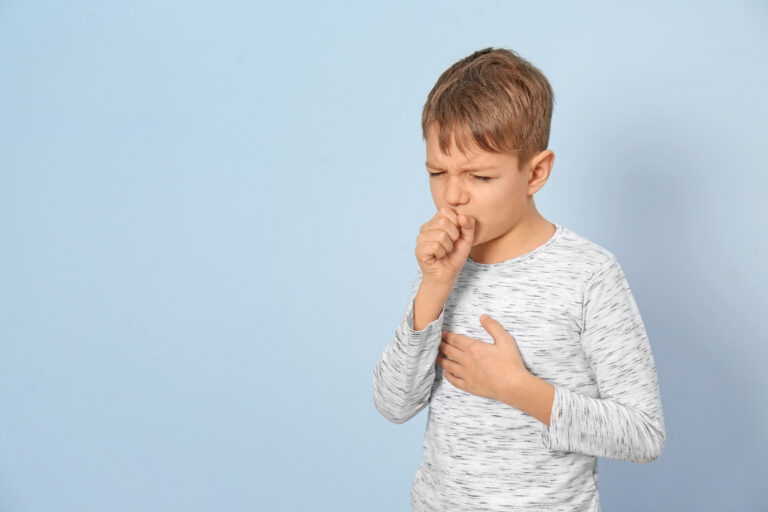Essential Travel Tips For A Safe And Allergy-Friendly Vacation
This post may contain affiliate links. Read our disclosure policy.
The content provided on FoodAllergiesLiving.com is for educational purposes only. The information supplied on this website is not intended to diagnose, treat, cure, or prevent any disease, nor is it intended to replace the advice of a physician.
Here are my top 15 Essential Travel Trips For A Safe and Allergy Friendly Vacation! These tips will help ensure the safety of you or someone you love while still relaxing and enjoying a trip. It takes careful planning and special precautions, but I guarantee you can do it!

My Essential Travel Tips For A Safe And Allergy-Friendly Vacation
Planning a vacation is stressful enough without the added anxiety of planning a trip with allergies. You don’t want to miss out on new experiences, but is it really worth the risk?
Let me ask you a question, what if it doesn’t have to be risky? What if traveling, even with allergies, can just be a fun, exciting adventure?
If that sounds good to you, then let me share my top 15 Essential Travel Trips For A Safe and Allergy Friendly Vacation! These tips will help to ensure the safety of you, or someone you love, while still being able to relax and enjoy a trip. It takes careful planning and special precautions, but I guarantee you can do it!
1. Research Your Destination
For many people with food allergies, traveling to an unfamiliar destination can be intimidating, but if you do your research beforehand, it won’t be as scary.
To start, you’ll want to look for a place that doesn’t have a cuisine commonly known for containing your allergy. For example, Japan, which frequently cooks with fish, shellfish, soy, and peanut or tree nuts, might not be a great choice for someone with severe food allergies.
You also may want to look for a hotel or resort that’s close to a hospital or medical care or one where the staff speaks English.
Here’s a great article to read if you’re looking for allergy-friendly destinations!
2. Ask For Recommendations
If you’re still feeling nervous about choosing a destination, reach out to your allergist, or friends who may also have allergies, or ask for travel tips in a Facebook group! There are plenty of people who travel with allergies, and they might have viewpoints you haven’t thought of yet.
You can ask them:
- “Where are the best places to travel with allergies?”
- “What trips have you taken?”
- “How did you manage eating out with allergies?”
- “What items would you not travel without?”
There are so, so many people who are waiting to be able to help you out. All you have to do is ask!
3. Call The Hotel Or Resort
Once you’ve chosen a destination, you might want to think about calling the hotel or resort to see if they can make any allergy-friendly accommodations.
If you have a wheat or gluten allergy, you’ll want to check and make sure meals are safely prepared. The same goes for a peanut or tree nut allergy, you’ll want to alert the kitchen so they can take the proper precautions.
If you’re nervous about hotels or resorts, maybe consider booking an Airbnb so you can clean as needed, cook your own meals, and ensure the overall safety of you and your family.
4. Locate The Nearest Hospital
When traveling to an unfamiliar area, you’ll want to make sure to locate the nearest hospital or medical care center. That way, in case of an emergency, you’ll have a plan already set in place, and there will be less panic and stress.
There’s an app called Hospital Finder, which you can download to your phone, and it will show you the nearest hospital to your location.
5. Ask The Doctor For Extra Prescriptions
Before you travel, call your doctor or allergist and go over your travel plans and make sure you have all of the medications you may need. You don’t want to rely on local pharmacies abroad because they may not have the same medicines.
Also, check and see if your insurance or pharmacy limits your prescription(s), and ask your doctor to write a letter explaining the situation if necessary. You may also want a doctor’s note to prevent any confusion at airport security if you’re carrying a large number of prescription pills.
6. Allow Extra Time For Security
If traveling by plane, you’ll want to plan to allow extra time for security. Since you may have extra prescriptions or more than 3 ounces of liquids (if you’re packing allergy-safe food), it would be helpful to have a doctor’s note that you can show to TSA agents.
You’ll want to allot time for extra security screenings, so I suggest adding 30-60 minutes to the time you were originally planning on arriving at the airport
7. Wear A Medical ID Bracelet
Since you’re dealing with potentially life-threatening allergies in an unfamiliar location, you may want to consider wearing a Medical ID Bracelet.
The bracelet contains your allergies, medications, and more right on your wrist. This small tool can be a life-saver in an emergency event, and is especially important if you’re traveling alone or with children.
8. Pack Allergy Safe Foods
I cannot stress enough how important it is to pack enough allergy-safe foods. Traveling can be stressful enough, but traveling while stressed and hungry is a whole new ballgame.
Try to pack non-perishable, allergy-friendly foods that are easy to eat on the go, such as snack bars, fruit pouches, or high protein choices like beef jerky.
If traveling internationally, keep in mind that you may not be able to read ingredient labels, so you may want to pack extra snacks if possible.
9. Carry A Food Allergy and Anaphylaxis Emergency Care Plan
You should carry multiple copies of this document with you at all times, along with any medications you may need.
The Food Allergy and Anaphylaxis Emergency Care Plan is a document that outlines appropriate treatments and necessary actions to take in case of an emergency. It’s signed by your local physician and includes emergency contact information. You can find the download here.
If your child is the one with allergies, make sure they have their own copies. It’s also a good idea to take a picture of it on your phone in case something happens to your paper copies.
To know more about this severe allergic reaction, check out my post about What Is Anaphylaxis and How Is Treated.
10. Download Helpful Apps
Consider downloading a few apps to your phone that would be helpful when traveling. These 5 apps are extremely helpful, and are great for finding allergy-safe food in an unfamiliar location.
- Allergy Eats
- Spokin
- Find Me Gluten Free
- Allergy Food Translator
- Happy Cow
11. Consider Language Barriers
If you’re dealing with severe allergies in a foreign country, it’s highly likely you won’t be able to speak the language. In order to combat that, you may want to find a hotel with English-speaking staff, ask local friends or relatives to help you translate, or even consider learning words that would be vital in explaining your allergies.
You could also bring a Chef’s Card, which shows all of the ingredients you need to avoid and is translated into the local language. Show it to whatever restaurant you’re eating at to help them understand your needs.
12. Carry Wipes
These are an absolute necessity when traveling with severe food allergies. I promise you’ll be using wipes for EVERYTHING.
Whether you’re wiping hands, airplane seats, or even tables at restaurants, wipes are an essential. You can find them in a variety of sizes and scents, which are perfect for packing.
I like to use big ones like you’d use in a kitchen for wiping down larger areas, as well as keeping multiple smaller packs of wipes in my purse with me so they’re always easily accessible.
13. Special Items To Pack
When traveling with allergies, there are a few essential items I ALWAYS recommend packing.
They include:
- EpiPen and a carrying case: This goes without saying, you should always carry your EpiPen on you. I like a special carrying case to hold it in, so it’s easily accessible.
- Food containers: If you’re traveling by plane or going to the park or beach while you’re out, food containers are a great way to pack up allergy-friendly food
- Lunch box: A lunch box is always a fantastic item to pack so you can keep safe foods, fresher, while out and about.
- Something to eat with: Personally, I like this compact silverware set because it comes in a set of 4, and it’s small enough to fit into my purse.
- Long-sleeve jacket or sweatshirt: You may not think of this one, but when traveling by bus, train, or plane, you might consider wearing long sleeves to prevent your arms from accidentally touching an area that’s been contaminated. Armrests, tables, or fold-down trays are all common places people don’t think twice about touching.
- Water bottles/ sippy cups: I prefer packing my own reusable water bottles or sippy cups because I know they’re safe and free from cross-contamination
- Portable phone charger: There’s nothing worse than being in an emergency situation and not being able to get a hold of someone. I ALWAYS bring a reusable phone charger with me to prevent that possibility.
14. Bring Your Own Pillowcase
If traveling on a plane, you’ll want to avoid using any pillowcases or blankets provided by the airline. In most cases, they’re not washed between flights and may be a source of cross-contamination.
Here are a few of my favorite comfort essentials for traveling:
- Pillow/ pillow case
- Eye mask
- Travel blanket
15. Be Your Own Advocate
Lastly, don’t be afraid to stand up for yourself. People who don’t suffer from allergies may not understand the lengths you need to go to, to avoid an allergic reaction.
Be open about what your needs are, and how others can help, and don’t be afraid to take charge if needed. Your health is the most important.
There you go, I hope that these 15 travel tips will help you get out and enjoy a safe and allergy-friendly vacation. I’ve used many of these tips on several vacations and was still able to give myself and my children a memorable trip without compromising anyone’s health. Traveling with allergies isn’t easy, but the new experiences are always worth the effort!







